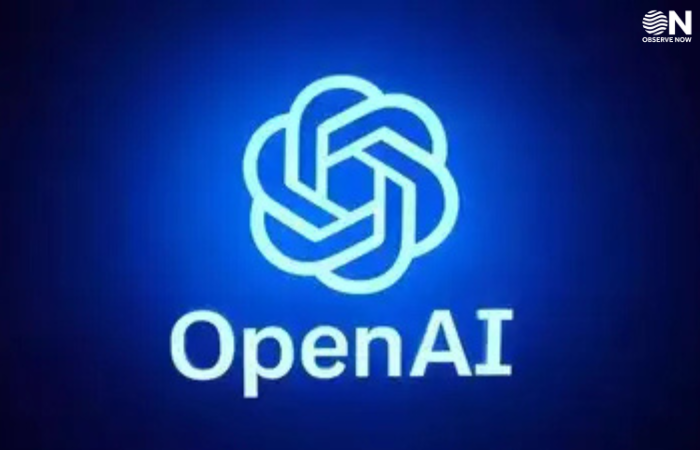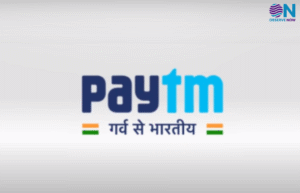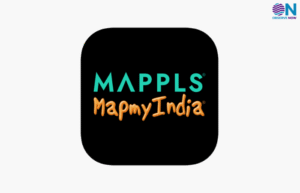OpenAI’s AI Film ‘Critterz’ Sparks Global Copyright Debate Ahead of Cannes Premiere

OpenAI’s soon-to-release animated film Critterz is creating waves across the film and legal industries, not just for its technical innovation but for the copyright questions it raises. The movie, which premiered at the Cannes Film Festival, has been largely generated using OpenAI’s advanced artificial intelligence models, with limited human input in areas like voice acting, script editing, and creative direction.
The core of the debate is whether a film made primarily with AI can qualify for copyright protection under current laws. Many copyright systems around the world require a work to show a clear degree of human creativity. Legal experts argue that when AI produces the bulk of a film’s visuals, dialogue, and animation, it becomes difficult to determine authorship. The question then arises — who owns the rights to a project like Critterz: the studio, the programmers, or the AI users who provided prompts?
Critics worry that granting copyright to AI-generated works could flood the market with machine-made content, potentially devaluing human-created art. Supporters counter that Critterz is an example of how AI can work as a collaborator rather than a replacement, opening up new ways to create cost-effective and experimental cinema.
Industry observers believe the Cannes premiere could set an important precedent for future AI-driven projects. If Critterz gains commercial and critical success, it may accelerate the push for updated intellectual property rules that account for human-AI collaboration. Regardless of the outcome, the film has already succeeded in sparking a global conversation about creativity, technology, and the future of storytelling.















